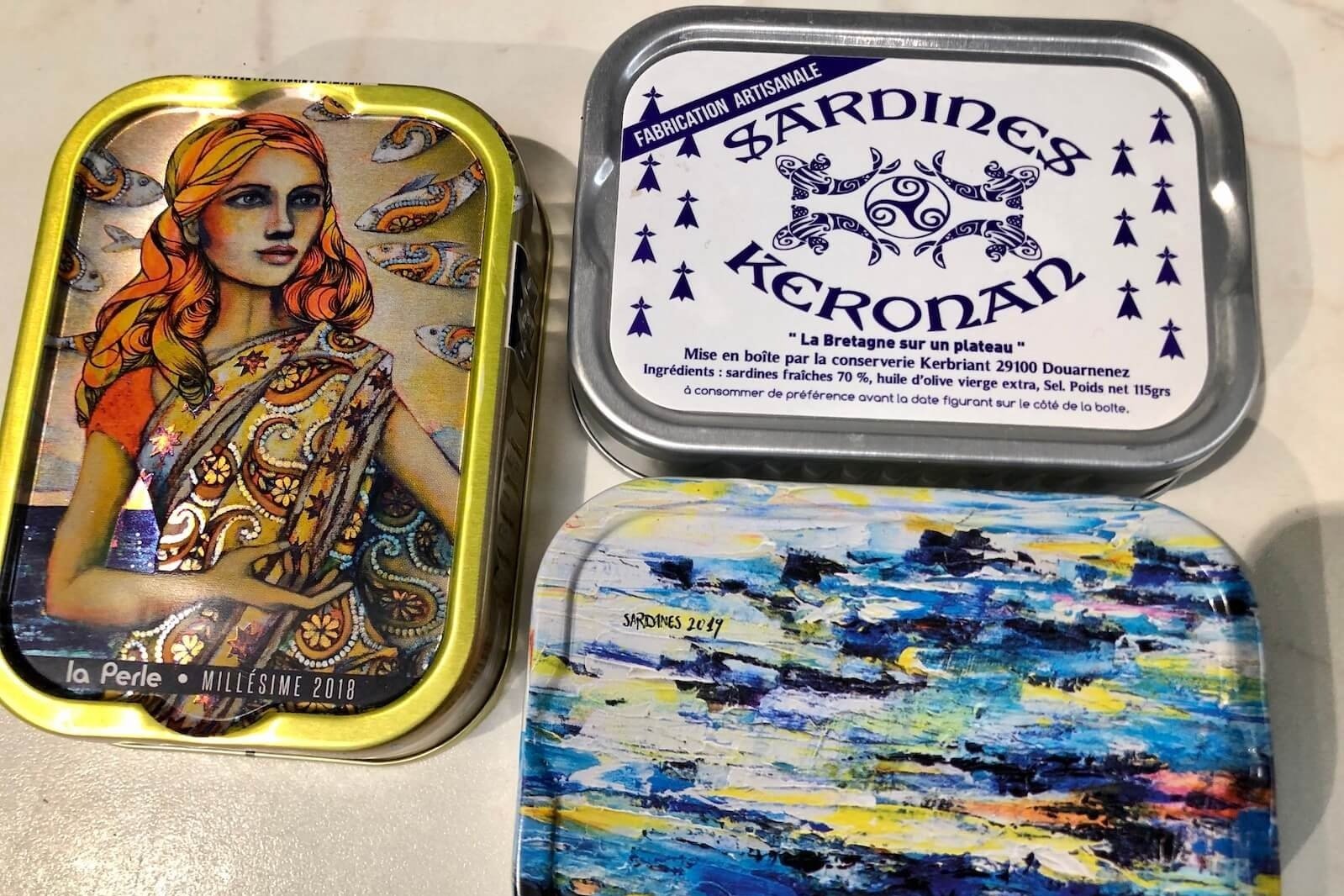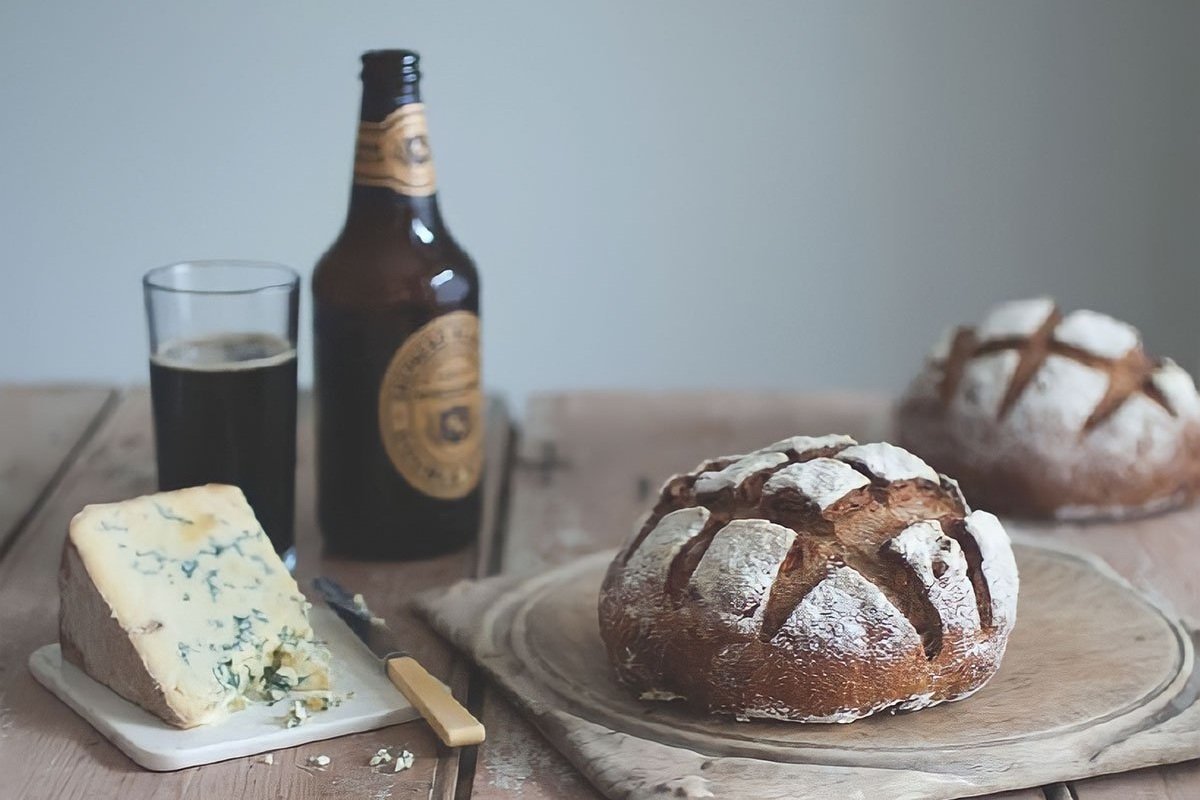Advertisement
Consuming Passions: Pomegranates
2 January 2023 · Consuming passions
Dina Macki is a British-born cook from an Omani and Zanzibari family. Her ‘Dine with Dina’ Omani supper clubs have been a hit, and later this year will see the appearance of her debut cookbook which will be the first title on Omani cuisine to be published in English. On Instagram, where she has more than 24,000 followers, she is known as ‘The Pomegranate Queen’, so when it came to choosing the topic for her Consuming Passions piece, there was only one option…
By Dina Macki

I vividly remember eating my first pomegranate on a trip to Oman when I was eleven. We had gone to visit my mother’s cousin, Uncle Fardan for a Friday lunch. It had been years since all the extended family had come together, but we were in town to celebrate my brother’s wedding and with all the excitement, every family member pulled out the stops for our visit. This particular lunch had us sprawled out across the floor of the living room, while the elders huddled over the dining room table. Plastic sheets lay everywhere, ready to collect all the food that missed our mouths (tablecloths not being a thing in Oman). In between the huge platters of rice and insulated hot-pots were bowls of fruit, full to the brim with delicacies from the East. Mangoes, figs, dates, guavas and papaya were piled up, and then elegantly cracked open on top as if to crown the other fruits lay beautiful pinky-red pomegranates, their seeds bursting out.
It turned out that my uncle and his daughter, Khadija, were also pomegranate-lovers — their evening ritual was to share a bowl between them as they discussed their day, so the house was always filled with the fruit. In Oman, pomegranates only grow on our “Green Mountain”, known as Jebel Akdhar, and we had arrived in town just in time for the season. My uncle Fardan handed me a bowl of the seeds which he had meticulously picked and separated from the skin and pith for me. They glistened like hundreds of freshly polished rubies in a jeweler's hand. My uncle told me to try some, but insisted I only sucked on the seed and once cleaned, spit out the white stone that was leftover because he and Khadija never enjoyed biting on that part. I tried his way and felt very distracted by trying not to swallow the seeds that I didn’t get to revel in its taste, instead I grabbed a handful of the pomegranates and threw them in my mouth and allowed the arils [the bright pink flesh-covered seeds] to burst and be free with every bite I took. I learned quickly at that moment that pomegranates were not only so incredibly tasty for such tiny seeds, but the experience of peeling to then eating was gratifying and joyful, oh and swallowing the seeds is completely fine!
When we returned to England I began to notice the accents of pomegranates that my mother included on our food. They were always sprinkled copiously across dishes, as if they grew like apples in our British back garden, as I guess they do in other parts of the world. Now I cook myself, though, I appreciate my mum’s passionate garnishing with pomegranate. It made every dish brighter, especially when so much of our home cooking was brown – their small but distinct bursts of flavour within the dish offer a second dimension to your taste buds as you devour each bite. Some may be sour while most are sweet, and they harmoniously break up the savouriness of meals, allowing you to never tire of the dish you are eating.
Carrot, Pomegranate and Chickpea Salad with a Spiced Citrus Dressing by Signe Johansen in her book Solo is a great example of using pomegranates for garnish to balance flavours in a dish.
Spiced Pomegranate Pilaf with Pomegranates and Almonds from Rose Elliot’s Complete Vegan. I don’t think there is a rice dish I make that doesn’t include pomegranates, even if it is plain rice, pomegranates is always the chosen garnish.
Pomegranate, Thyme and Goat’s Cheese Pizza in Modern Mediterranean by Melia Marden.
My first exposure to the fruit as an ingredient rather than a garnish was when my grandmother made a well known Iranian pomegranate and walnut stew called ‘Fesenjoon’. My grandmother, Bibi, is in fact from Zanzibar with Iranian heritage on her paternal side and growing up on the East African Island meant walnuts were never accessible and instead her family taught her how to make the stew with cashew nuts. While I thought a pomegranate on its own was delicious, the synergy of flavours created by leaving the nuts to simmer with fresh pomegranate juice and molasses is unbelievable and a dish everyone should experience.
The recipe for Fesenjoon by Najmieh Batmanglij in her book Cooking in Iran, shows the most traditional way of cooking this dish which is with duck. It originates from the North of Iran and is seen as a celebratory meal (if duck is not accessible to you, chicken is a good alternative).
Experimenting with pomegranate molasses has always been a kitchen joy of mine. It is most important to only buy molasses that is made from 100% pomegranate juice. The minute you tarnish it with preservatives, additives and added sugars, it simply becomes distasteful and takes away the magic of this splendid fruit. Within Omani cooking we use the fruit’s molasses as a natural sweetener which also brings a sour edge and act as a tenderiser to our dishes at the same time. The beauty of pomegranate as juice or molasses is that it gives you a balance of sweet and sour without overwhelming you. Sautéing onions, chickpeas and spices with it, or using it as a meat marinade are the most common ways in which we use it. Here are some recipes which use it in a similar way:
Casserole of Lamb and Pomegranate Molasses by Daniel Galmiche in French Countryside Cooking
Brisket Braised in Pomegranate Juice with Onion Confit and Pomegranate Seeds by Jayne Cohen in Jewish Holiday Cooking
Roasted Baby Carrots with Harissa and Pomegranate in Simple by Yotam Ottolenghi
Naturally when we think of fruits and their flavours, sweets and drinks come to mind. I have always found that pomegranate molasses does not work as well in desserts as it is already very sweet and concentrated, so this is where fresh pomegranate juice gets to shine and is always a beautiful way to amplify a dessert. Again we want real, pure and untouched fresh juice, which means you’re usually squeezing pomegranates yourself, a long, laborious and expensive process, but definitely worth it. I find that the fewer ingredients used with pomegranates, the more the fruit can reallyshine through. So simple jellies, sorbets etc. are perfect. Here are some desserts which will reward you for your juice-making efforts:
Pomegranate Sorbet in Apples for Jam by Tessa Kiros
Pomegranate Poached Quince in Cook, Eat, Repeat by Nigella Lawson
Pomegranate Winter Chiffon Meringue Pie in The Baking Bible by Rose Levy Beranbaum
Apricot and Pomegranate Jelly in Orchards in the Oasis by Josceline Dimbleby
Iranian Pomegranate Granita in Silk Road Cooking by Najmieh Batmanglij
Pomegranate are beautiful in shape and colour and taste divine, but they in fact also hold deeper-rooted meanings within Islam, Judaism, Greek Mythology and Christianity. As we come into a new year, there couldn’t be a more fitting time to to bring the into your home with them.
On New Year's Day Greeks have a tradition of smashing a pomegranate at their front door to bring good life and fortune for the year ahead, they also believe from ancient mythology that drinking the juice can cure fertility. Jewish tradition believes that pomegranates are a fruit of righteousness, while Muslims are taught in the Quran that it is a fruit of paradise. It is said that Prophet Muhammed mentioned that whoever eats a pomegranate makes the devil angry for 40 days as within every pomegranate is one seed from heaven.
The latin word for pomegranate is ‘Malum granatum’ which translates to grainy apple. Ancient Iranian Christianity actually believed it is a fruit from the garden of Eden and that it actually is the real forbidden fruit and not the apple.
It must be the abundance of arils inside one pomegranate that have created an abundance of religions and cultures to all believe in the power of fruit. Yet these beliefs may have substance as even science is looking into how pomegranates might help prevent diabetes, cancer and heart disease.
So it seems it is fair to say that my love for pomegranates is a desire and passion worth having – if any of the above is true, then through one bite or sip I can be a step closer to heaven and better health. Here are a few pomegranate drinks recipes with which to toast that thought!
Pomegranate Moscow Mule in Season by Nik Sharma
Sparkling Lime and Pomegranate in Whole by Melissa Delport
Pomegranate Mint Fizz in Gourmet Game Night by Cynthia Nims
Aouda’s Champagne Cocktail in Around the World in 80 Dishes by David Loftus
About the author
Dina Macki is a chef, recipe developer, food writer, and presenter. She has quickly garnered over 23,000 followers on Instagram and works with British and international brands across socials and TV to present and develop recipes, including Waitrose, Tesco’s, Cuisinart, Middle East Eye, Vita Coco, and Tastemade. She has written for gal-dem magazine, Pit magazine, Whetstone magazine and BBC Good Food magazine. By day, she also works for The Anglo-Omani Society which has deepened her knowledge of Oman’s history, and given her access to an incredible global network. Her forthcoming cookbook will explore the recipes and stories of her beloved Omani cuisine.
More Consuming Passions
Di Murrell on the many delicious uses for the humble fish, whether fresh or tinned
Drinks writer Laura Hadland celebrates the darkest and most intensely flavored of beer styles, with countless culinary uses
ckbk co-founder Matthew Cockerill on the annual ritual of making traditional Seville orange marmalade
Sign up for ckbk's weekly email newsletter
Advertisement









